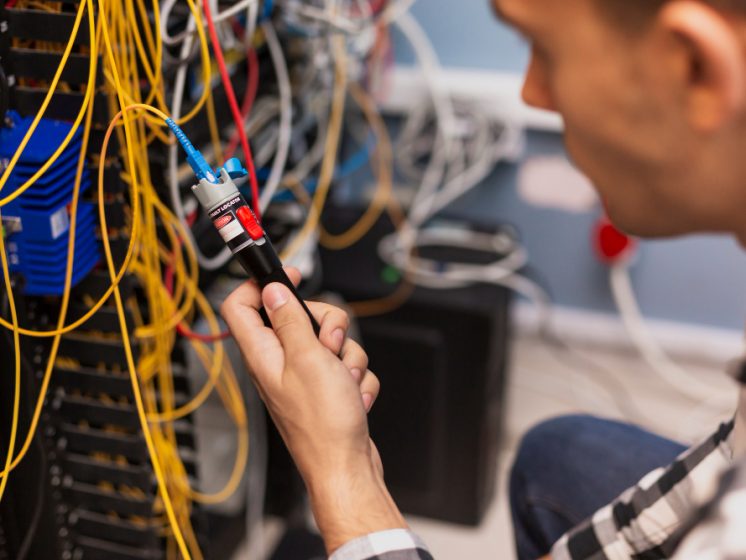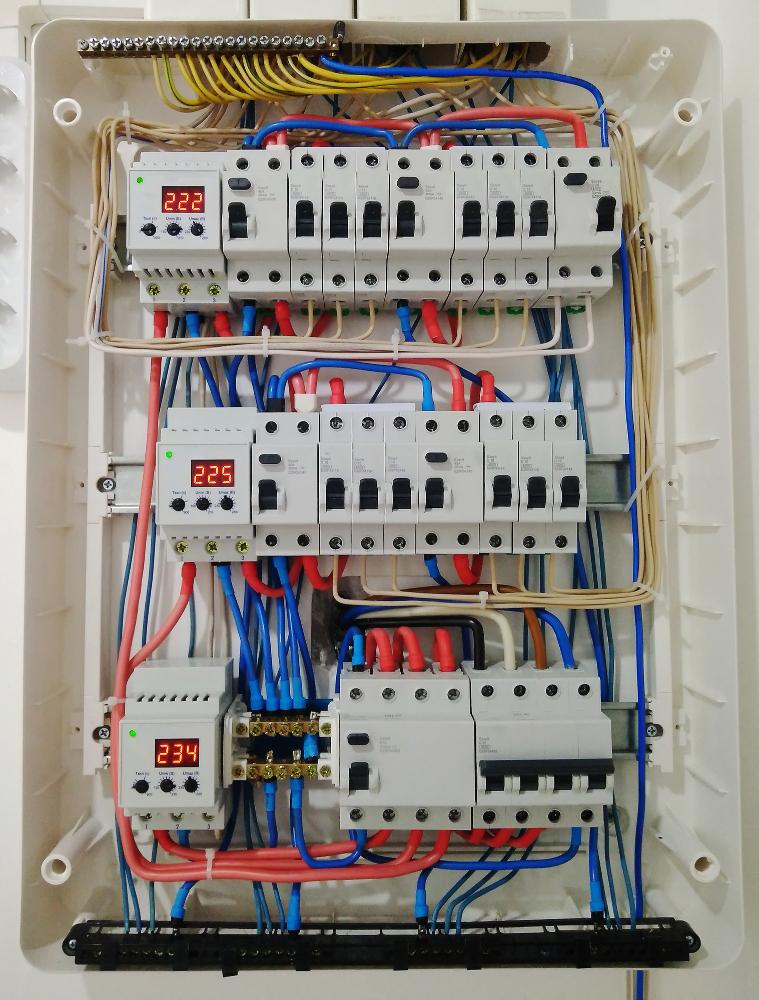The Ultimate Guide To Cable Testing Equipment and How It Can Improve Your Efficiency In Testing And Troubleshooting

Testing cables are necessary for maintaining the quality of your data. The more you test the better your chances are of avoiding signal loss or network failure.
The article will discuss how cable testing equipment can be used for troubleshooting and improving efficiency in testing. The list will include some of the most popular cable testers on the market, as well as what types of cables they are best suited for.
The Importance of Cable Testing In Electronic Engineering
The importance of cable testing in electronic engineering cannot be denied. Cable testing is an important process that ensures the reliability of any cable in the market. It is an inexpensive way to test for faults and also can identify when a cable may have been damaged.
The goal of the cable tester, when it is used to test for faults, is to identify when something has gone wrong in the production process or when something has happened during installation.
An electrical fault which is not detected in time can be very dangerous and costly for companies who use cables on a daily basis.

How to Choose the Correct Cable Tester for Your Needs
When it comes to cable testers, there are two main types: hand-held and benchtop.
Hand-held cable testers are used in the field for quick testing on cables that are inaccessible to benchtop cable testers.
Benchtop cable testers are handy for checking individual wires in a cable bundle.
The best cable tester for your needs will depend on how often you need to use one, what kind of cables you need to test, and your budget. If you only need a benchtop tester occasionally, then the Fluke Networks FT1000XT 10G TDR Cable Analyzer is worth considering. Benchtop testers typically cost more than hand-held models though so if you need something more economical then the Klein Tools 71151 Digital Multimeter with Cable Tester is an excellent choice.
What is a Port Test and Why Do We Perform Them?
A test port is where a load cell, pressure sensor, or other type of sensor is installed to measure the load on a component.
A port test can be conducted to determine whether or not there are any leaks or other problems with the given equipment. This will ensure that the given equipment is operating properly before it goes to production.
Port tests are usually conducted on certain types of equipment before they are shipped out for production use. Common types of equipment that require this type of testing include hydraulic systems, pumps, motors, and cylinders among others.
Types of Cable Testers
Cable testers are electronic devices that can be used to make sure that cables are operating correctly. They come in many different shapes and sizes and there’s basically one for every type of cable: coaxial, fiber optic, Ethernet and HDMI.
Testing the cable with a tester is desirable to minimize loss of data and interruptions during transmission. Cable testers help to detect any potential problems with the cable input/output points or connectors as well as other faults such as open wires or loose connections between the equipment.